Her parents were active Methodists, and they wanted their daughter, Barbara Lethem Ibrahim ’71, to attend a Methodist-affiliated college. She chose DePauw University.
“My parents, I am sure, thought ‘she’ll go to this nice Methodist school; she’ll meet a nice Methodist boy, pre-law or pre-med; and she’ll have a nice life close by,’” she said. “And then the ’60s hit, and they hit hard at DePauw … Everything changed.”
In a Zoom interview from Cairo, Ibrahim chuckled at the irony of any expectation that hers would be a quiet life, lived as a well-educated housewife in some Midwestern suburb. She has lived in the tumultuous Middle East virtually all of the five decades since her graduation; carved out a significant international career for herself; and has been married 50 years to a human rights and democracy activist.
She doesn’t remember if she shared her parents’ expectations back then. “I was pretty busy, rebelling and objecting and being impatient with my parents’ generation, certainly with DePauw at the time,” she said. “It was a very conservative place.”
But she knows, without a doubt, that her activism precipitated her lifelong pursuits. “DePauw was a very safe place to rebel,” she said. “We could fight dean (Robert) Farber about women’s hours and hone our skills. If I’d been at Berkeley or a place where everybody was radical, it would have just been fitting in; it wouldn’t have been blazing a new personal path.”
She and Saad Ibrahim, who taught sociology at DePauw while he completed his dissertation, “kept bumping into each other at Black power rallies and anti-war demos,” she said. “He was young and progressive and he was going to go back to Egypt and change the world. He made that very clear when we first met that, if we were going to be serious, I needed to think about whether I could go and live in a place like Egypt.”
They were married and, with Saad expelled from Egypt, they lived in Beirut while Barbara earned a master’s degree in sociology from the American University of Beirut. They were allowed to move to Cairo in 1975, and Barbara earned a doctorate in sociology from Indiana University in 1980.
She got a job as a program officer with the Ford Foundation’s field office for the Arab region, where for 10 years she developed programs in Egypt, Palestine, Jordan and Yemen about women’s employment, poverty and gender roles.
“I had a chance to use my academic training to help organizations – whether universities, nonprofits or in some cases, labor unions – to do programming that would open opportunities for women in the labor force,” she said. “… I couldn’t have landed a better job.”
“I’m not a flamboyant, in-your-face advocate. ... Have your passion, but then think about how you’re going to effectively make a difference.”
But she eschewed her bosses’ wish for her to move into administration, and went to work as regional director for the Population Council, overseeing programs from Morocco to Pakistan for 14 years.
“I was very interested in women’s health – always had been – and I thought maybe there would be room for an adolescent girls’ program because they were taking a lot of interest in gender inequities,” she said. “I was also interested in the whole problem of population growth and how it was holding back Arab countries, and you can’t get women to adopt family planning if you’re not offering them a high quality of health care services.”
Her team conducted the first adolescent research at a national level in Egypt, Jordan and Pakistan and participated when the United Nations held an international conference in Cairo in 1994. “It was a real heady time,” she said.
It also was personally turbulent, as Saad Ibrahim was sent to prison several times for his political activity. “One of the things I noticed that made him and others very vulnerable was that they had to seek funding for their work externally,” she said. “There were not Arab foundations or institutions, or even individuals, that did grant-making for development or social change. …
“I decided that I should look at grant-making and philanthropy … and see whether there was room to grow a new institution that would promote strategic Arab philanthropy.” She pitched the idea to the American University in Cairo, which hired her in 2006 to create and direct the John D. Gerhart Center for Philanthropy and Civic Engagement, named for a former university president who, coincidentally, had hired Ibrahim at the Ford Foundation.
Under Ibrahim, the center created 40 experiential-learning courses for students; conducted research; and did advocacy work. Using data, it proved that female genital mutilation was not dying out, as the Egyptian government mistakenly thought, leading to laws that criminalized the practice and imposed prison terms on doctors who performed it.
“I’m not a flamboyant, in-your-face advocate,” she said, but rather someone who uses “reasoning, finding champions, testing the ground, but then having the courage of your convictions if you’re challenged. And having your data, marshalling it well. …
“My staff wanted to talk about the ‘draconian measures’ of the ministry and the ‘despicable role’ of (some) groups. You take out ‘despicable,’ and you take out ‘draconian.’ Just give facts and let those do the work for you. I think there’s a temperament, perhaps, that I brought from my solid, Midwestern background that was helpful because, when people get passionate about a subject, as many of my young staff members were, they need a little bit of experienced guidance about what’s effective. Yes, have your passion, but then think about how you’re going to effectively make a difference. And that was a good role for someone a little bit older to play.”
Photo: Ibrahim (glasses atop her head) shows an album to Queen Rania of Jordan at the American University in Cairo, the queen’s alma mater.
DePauw Magazine
Fall 2021
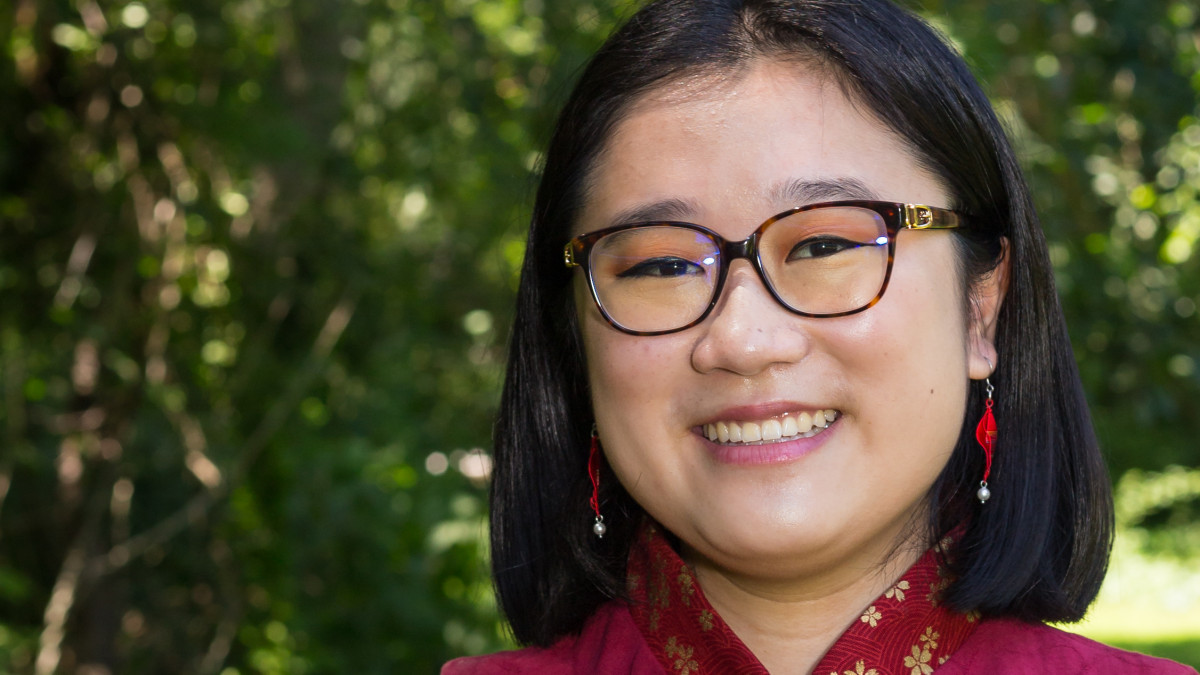 First Person by Emily Chen ’18
First Person by Emily Chen ’18 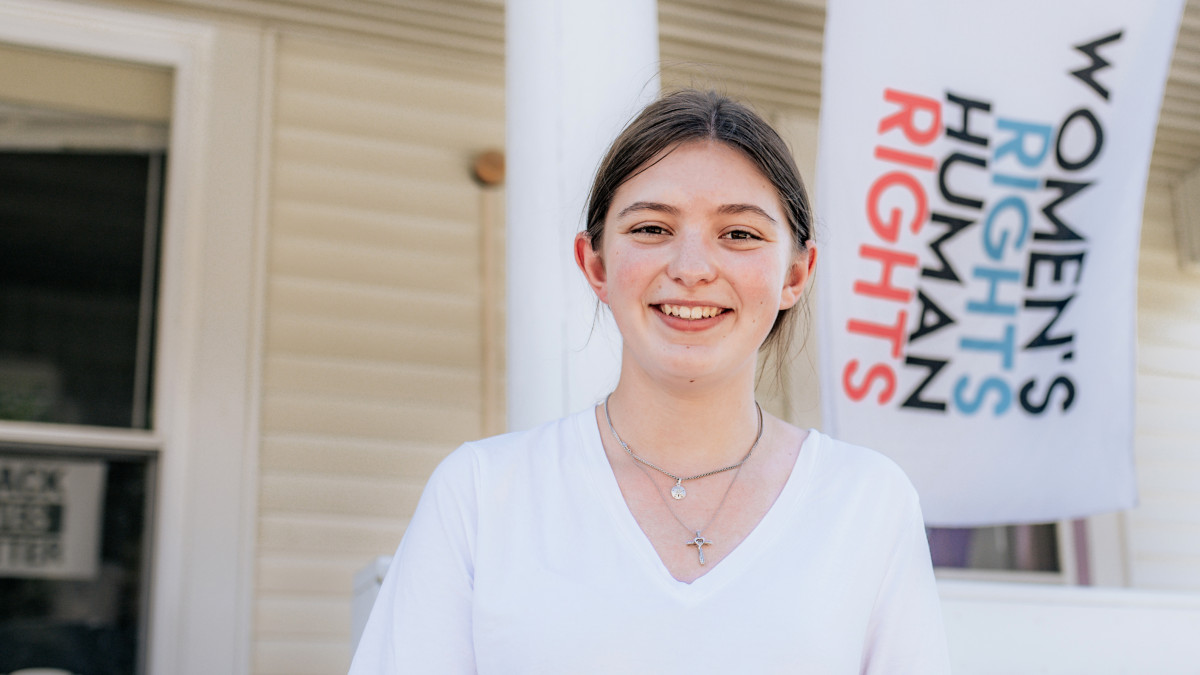 First-year known for follow-through exemplifies DePauw’s outstanding students
First-year known for follow-through exemplifies DePauw’s outstanding students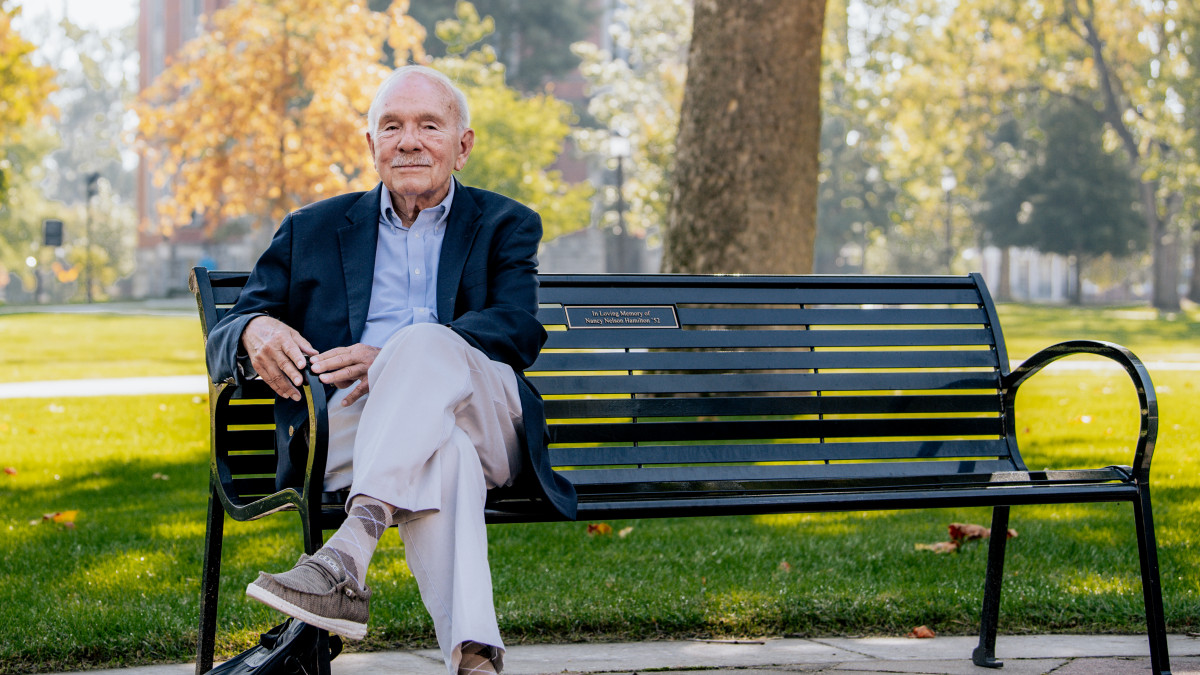 The Bo(u)lder Question by John Dittmer
The Bo(u)lder Question by John Dittmer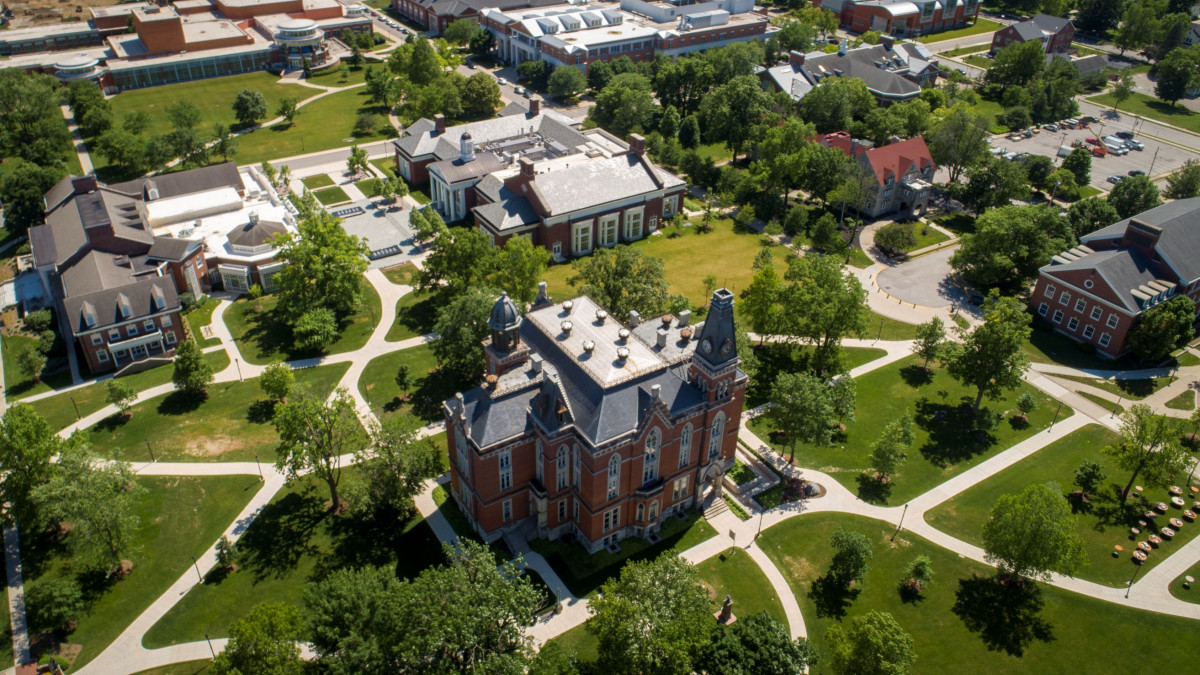 The new VPs: Seeking solutions for admission, alumni
The new VPs: Seeking solutions for admission, alumni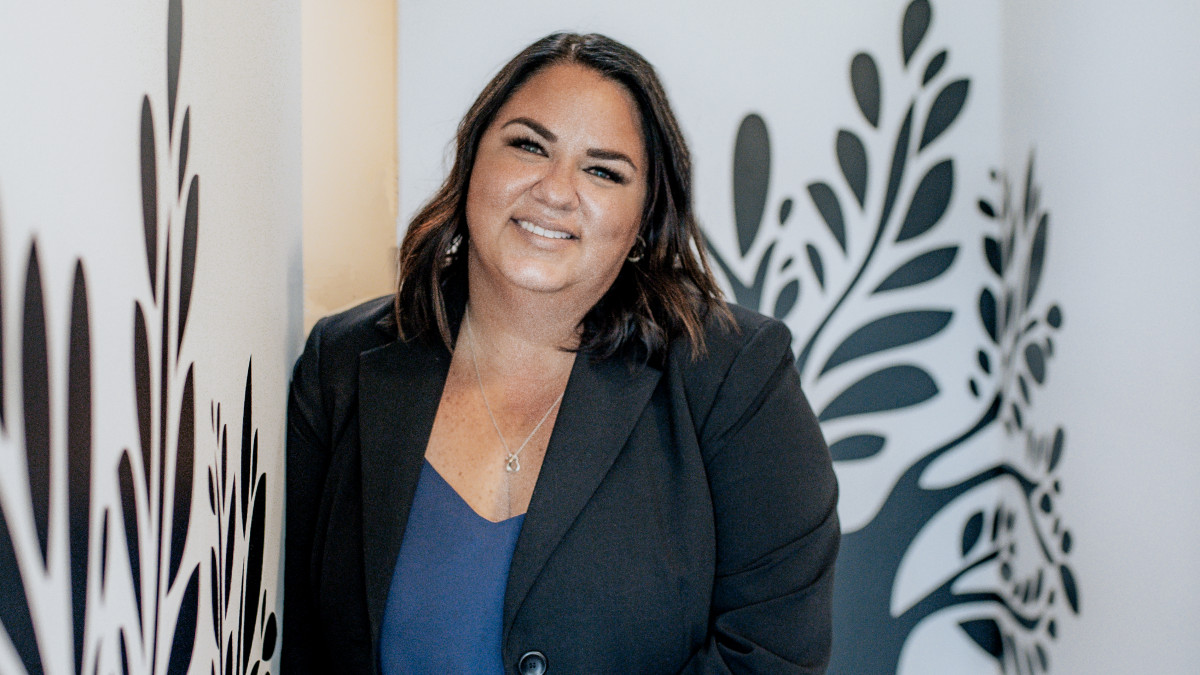 Ashley English ’01: Exhibiting empathy born of experience
Ashley English ’01: Exhibiting empathy born of experience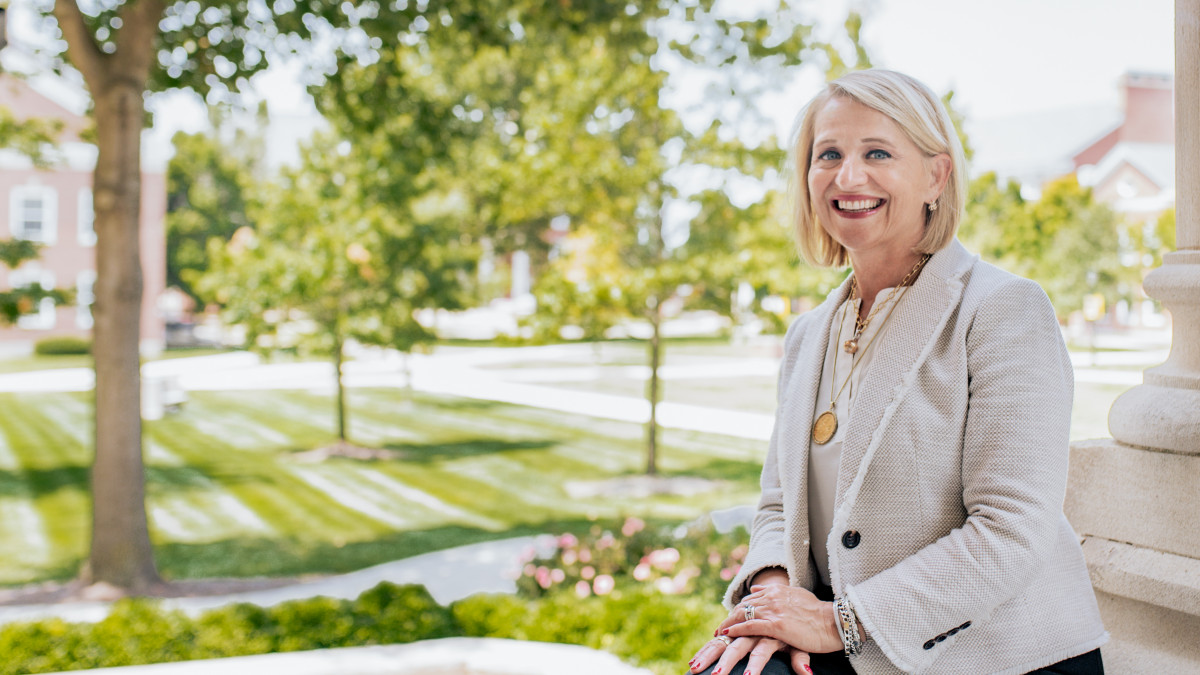 Jennifer Pope Baker ’89: Making noise about quiet problems
Jennifer Pope Baker ’89: Making noise about quiet problems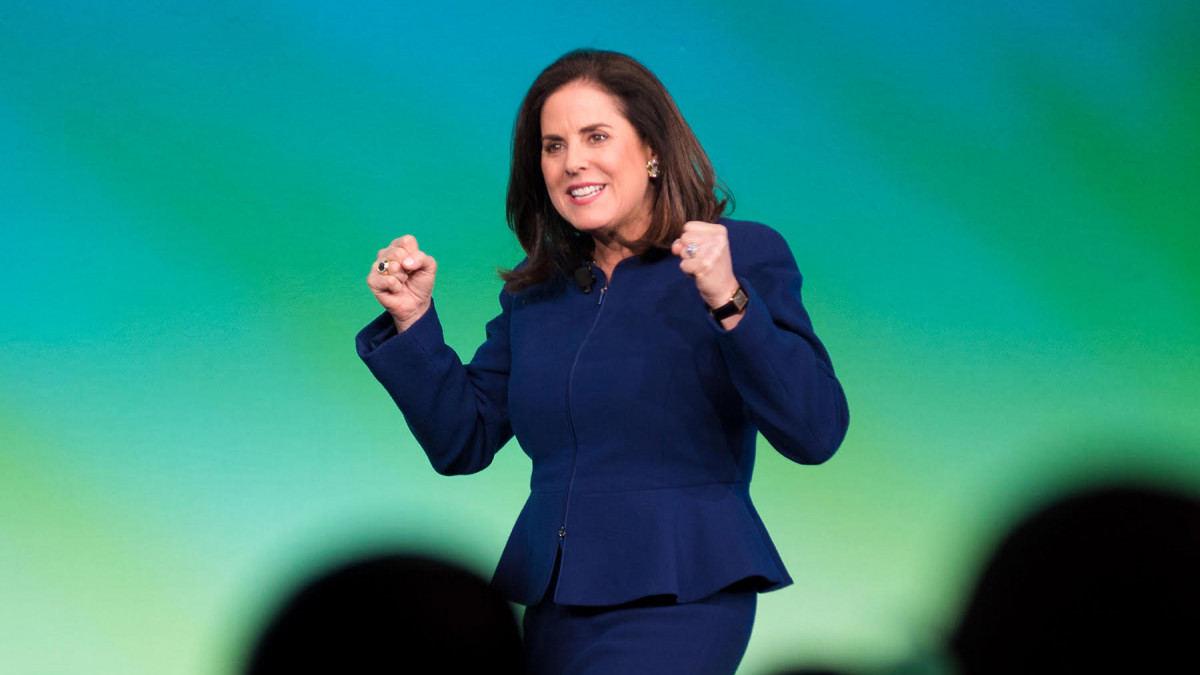 Jan Risi ’81: Transforming a mom-and-pop into a competitor
Jan Risi ’81: Transforming a mom-and-pop into a competitor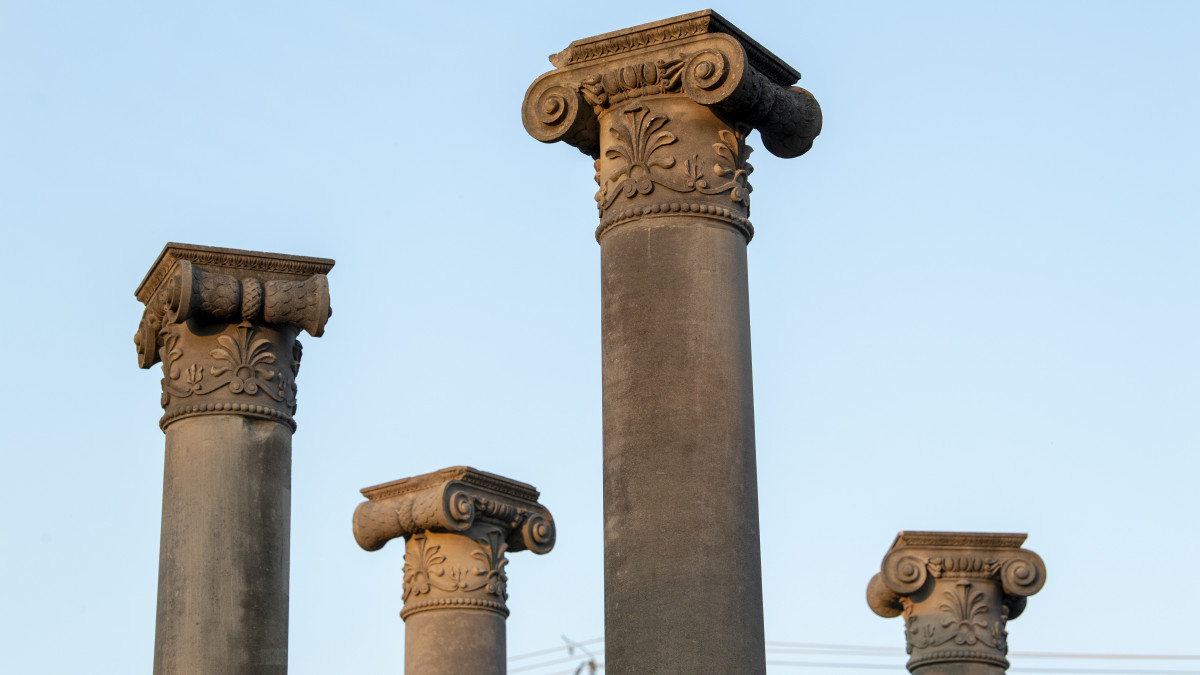 Randy Dwenger ’80: Finding hope for troubled youths
Randy Dwenger ’80: Finding hope for troubled youths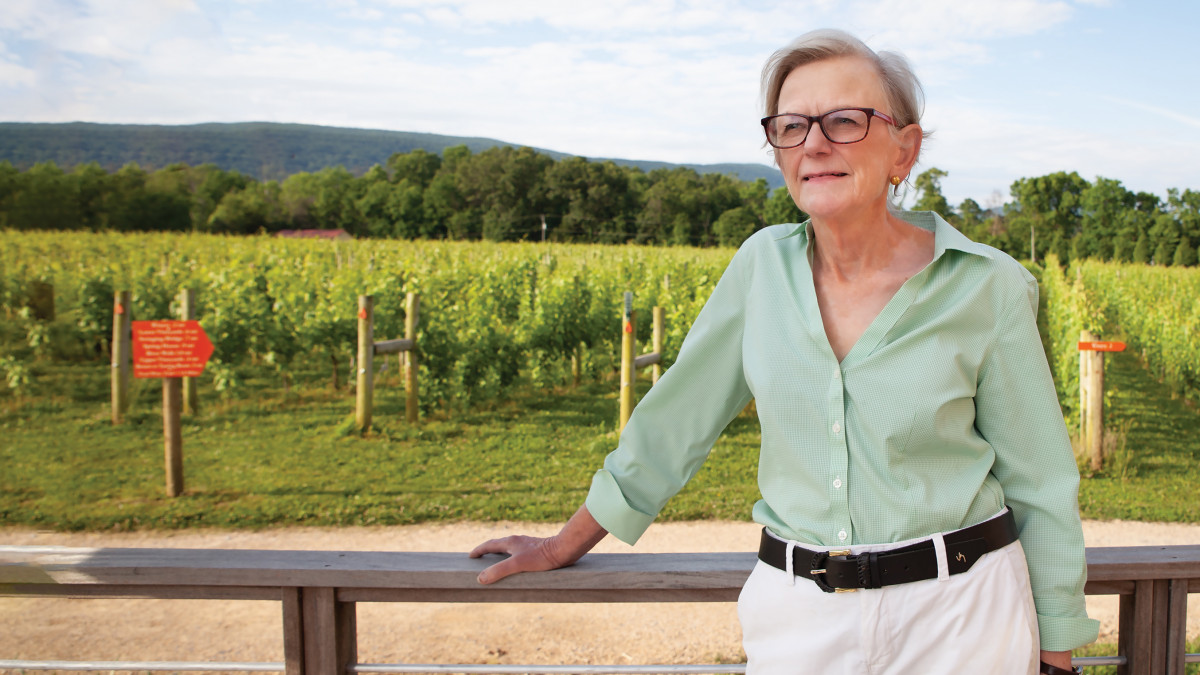 Sally Smerz Grooms Cowal ’66: Healing countries and people around the globe
Sally Smerz Grooms Cowal ’66: Healing countries and people around the globe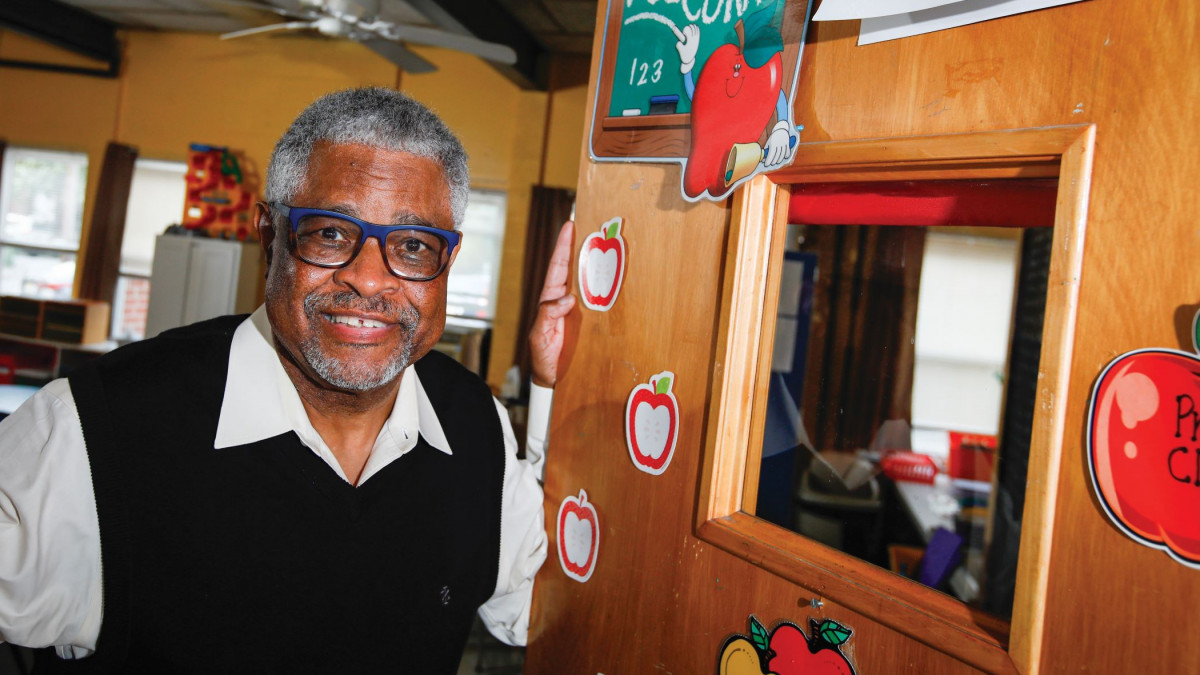 Edward Greene '71: Exploring how children learn
Edward Greene '71: Exploring how children learn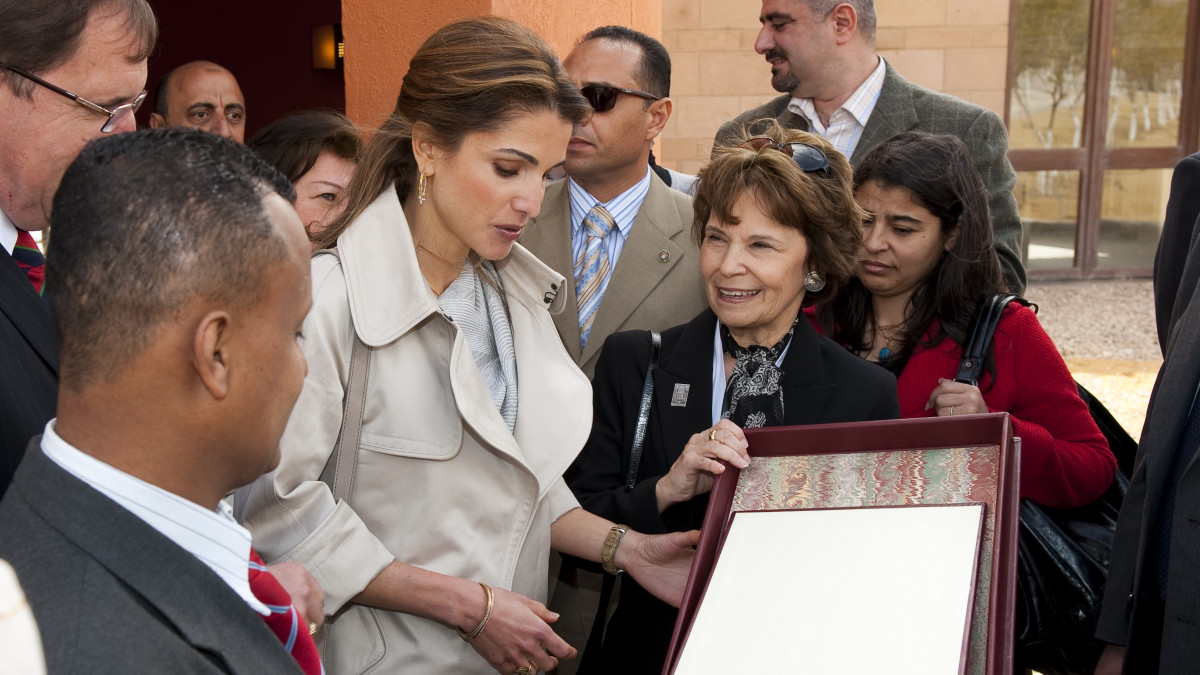 Barbara Lethem Ibrahim '71: Seeking justice in the Mideast
Barbara Lethem Ibrahim '71: Seeking justice in the Mideast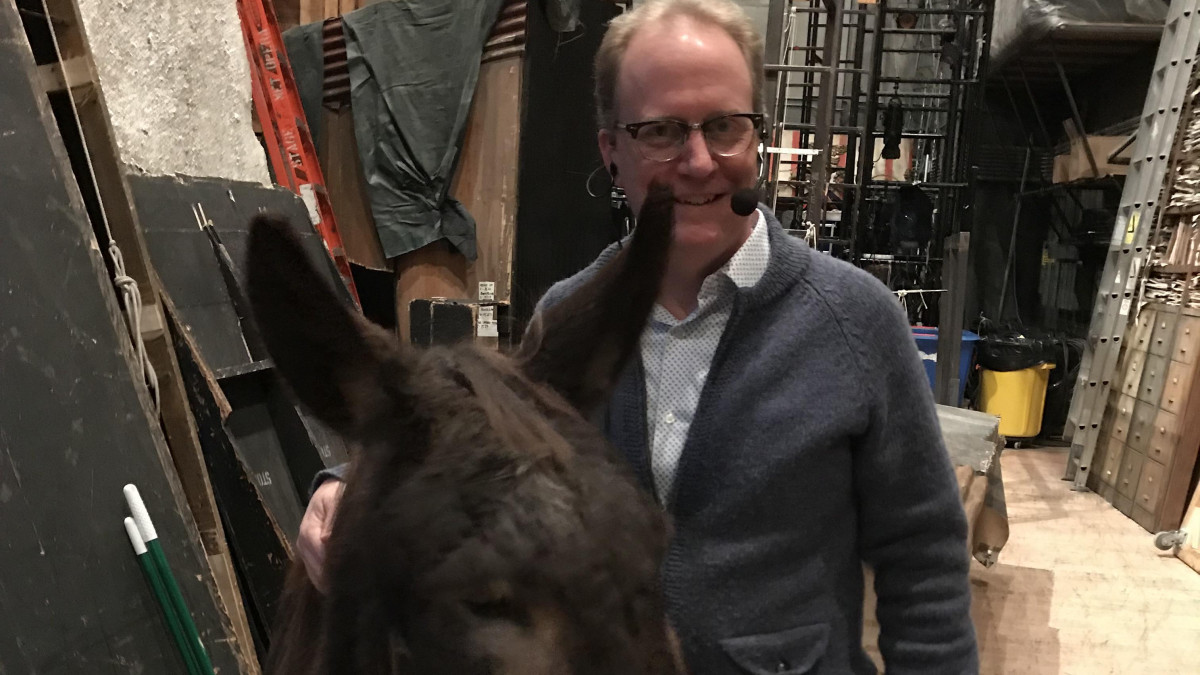 Scott Moon ’83: Staging the stars
Scott Moon ’83: Staging the stars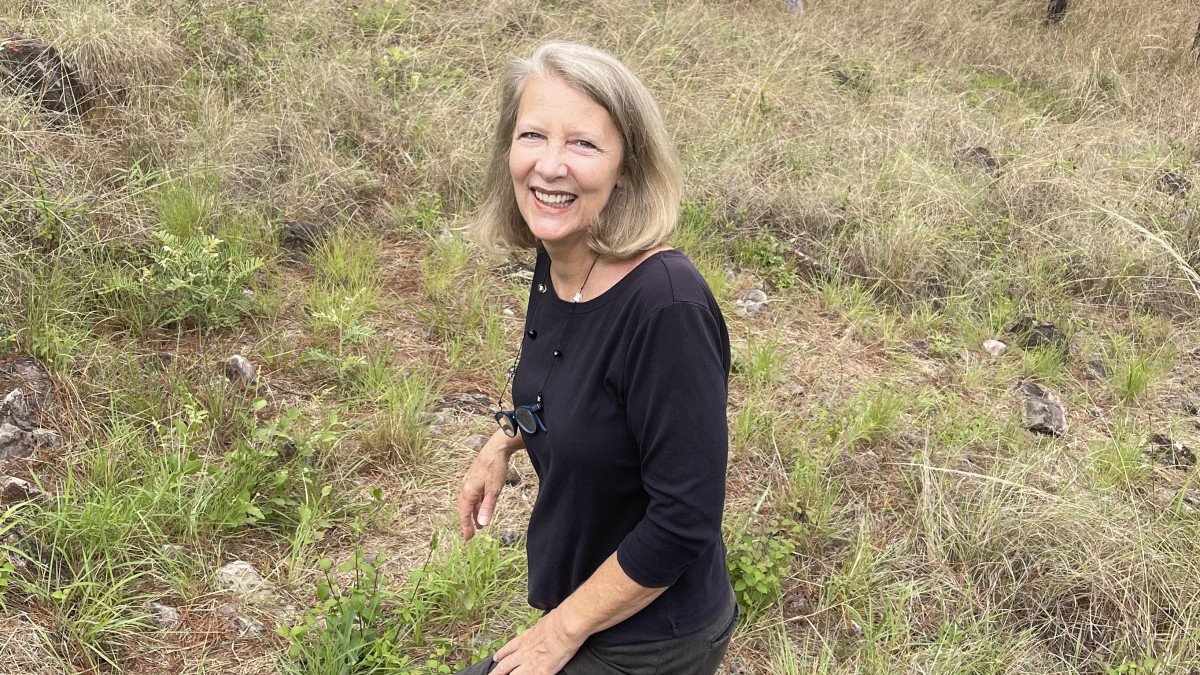 Betsy Hake ’79: Reaching out to outcasts
Betsy Hake ’79: Reaching out to outcasts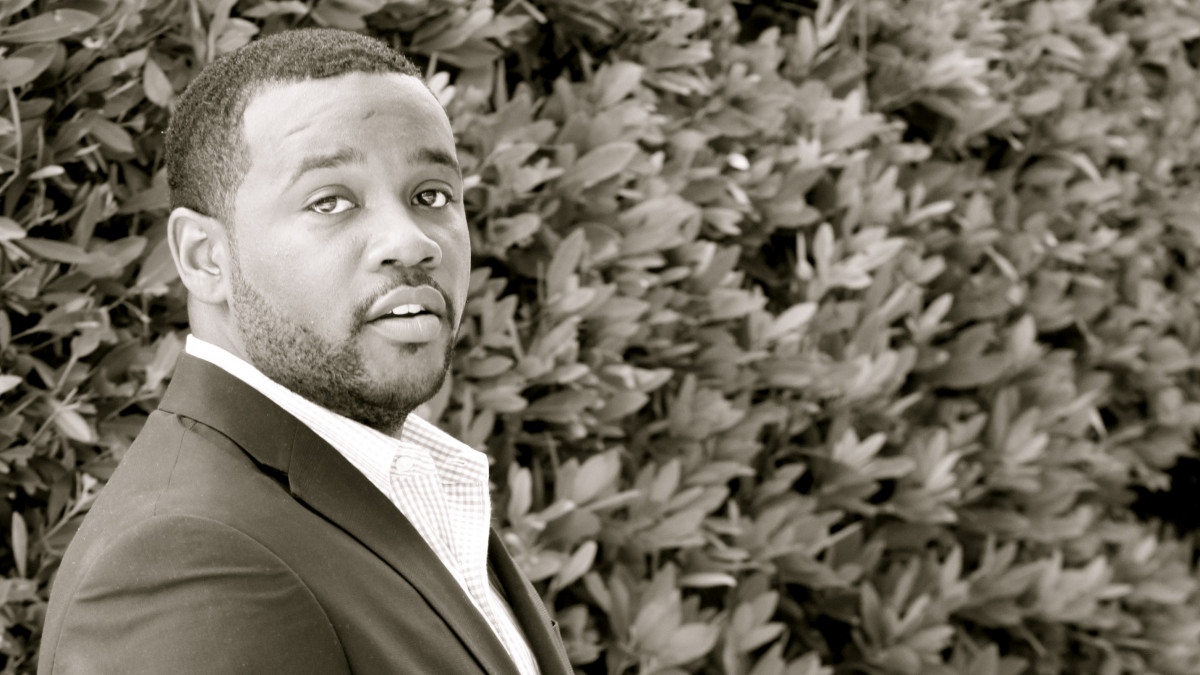 Edward Garnes '99: Serving sweet tea for the troubled mind
Edward Garnes '99: Serving sweet tea for the troubled mind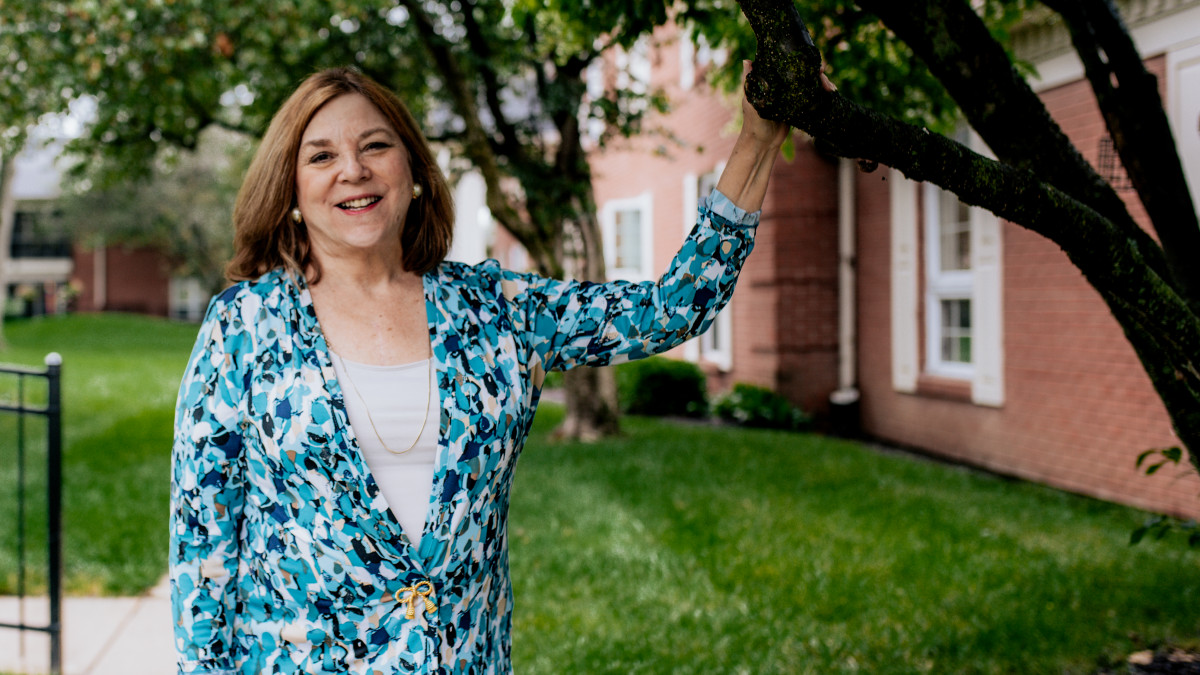 Melissa Martin ’71: Breathing life into small towns
Melissa Martin ’71: Breathing life into small towns The Solution Seekers: Using grit to save one starfish at a time
The Solution Seekers: Using grit to save one starfish at a time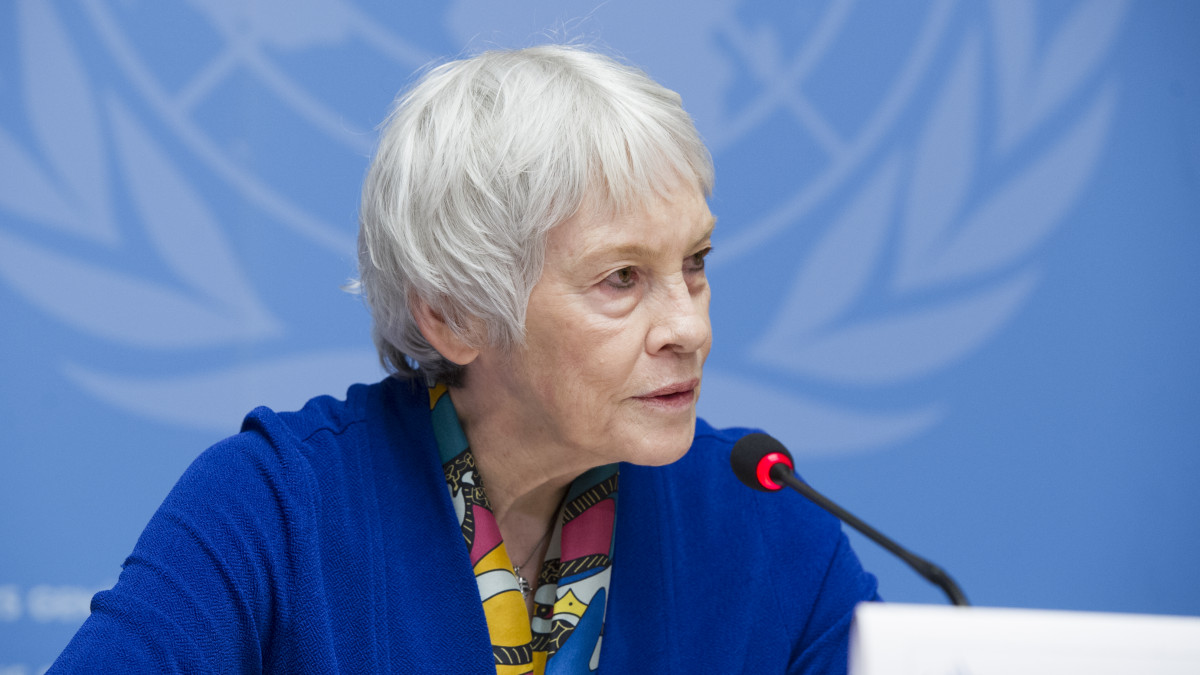 Karen Koning AbuZayd ’63: Rescuing refugees
Karen Koning AbuZayd ’63: Rescuing refugees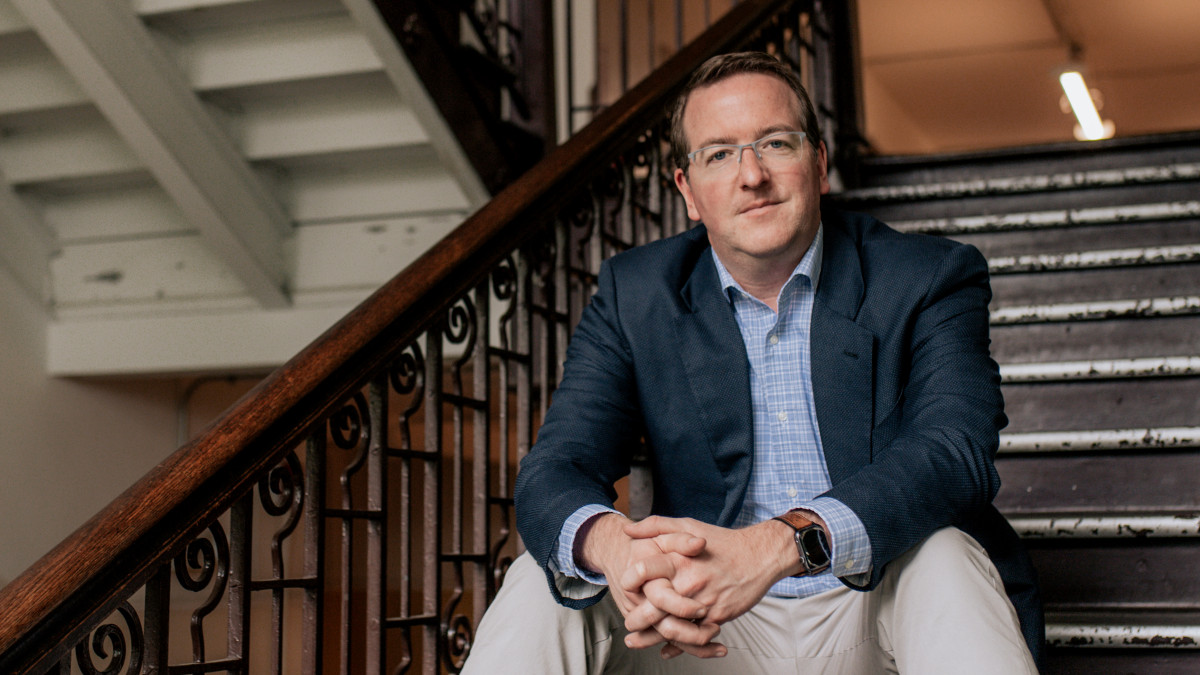 Nathan Hand ’03: Lending help to worthy causes
Nathan Hand ’03: Lending help to worthy causes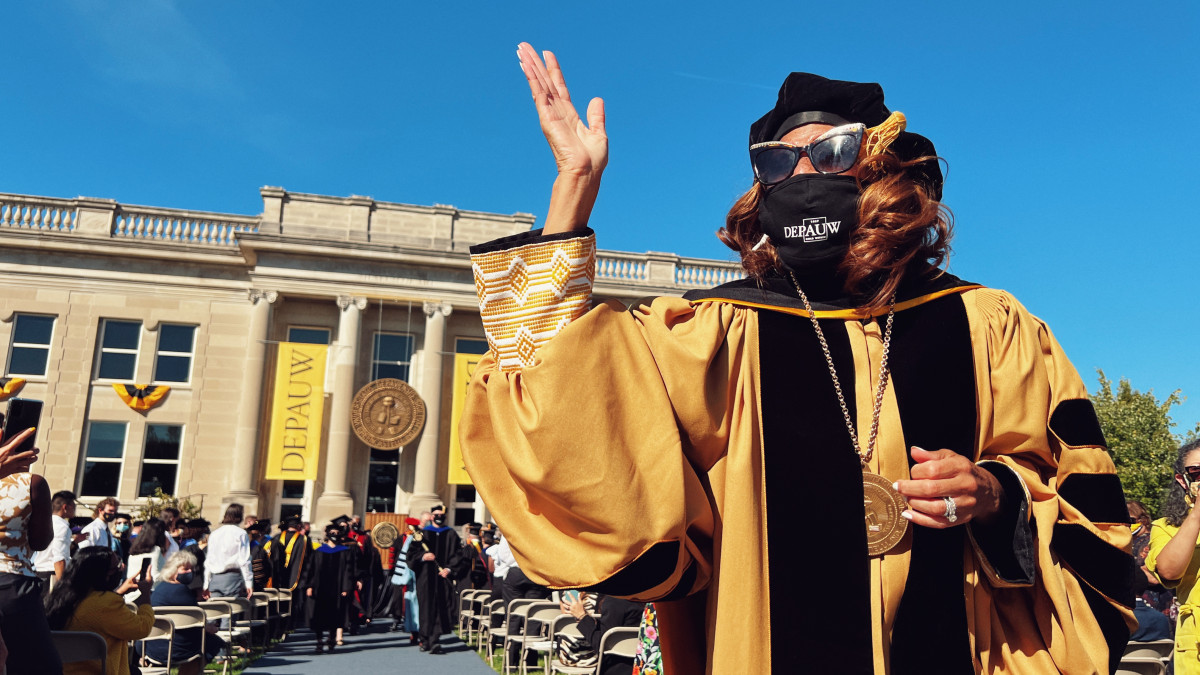 DePauw’s gold shines as White is inaugurated as president
DePauw’s gold shines as White is inaugurated as president DePauw Magazine: The Solution Seekers
DePauw Magazine: The Solution Seekers
DePauw Stories
A GATHERING PLACE FOR STORYTELLING ABOUT DEPAUW UNIVERSITY
Browse other stories
-
Athletics
-
Football - Robby Ballentine Repeats as D3football.com Second Team All-America
-
Men's Basketball - DePauw Extends Win Streak to Five; Jacobs Reaches 1,000-Point Plateau
-
Women's Basketball - Tigers Top Ephs for Third Straight Win
More Athletics
-
-
News
-
Student and Professor Share Unexpected Writing Journey
-
Four in a Row! DePauw Wins 131st Monon Bell Classic
-
Jim Rechtin '93 Featured in Fortune Magazine
More News
-
-
People & Profiles
-
Entrepreneurs Eric Fruth ’02 and Matt DeLeon ’02 Are Running More Than a Business
-
Rick Provine Leaves Legacy of Leadership and Creativity
-
History Graduate Cecilia Slane Featured in AHA's Perspectives on History
More People & Profiles
-
-
Have a story idea?
Whether we are writing about the intellectual challenge of our classrooms, a campus life that builds leadership, incredible faculty achievements or the seemingly endless stories of alumni success, we think DePauw has some fun stories to tell.
-
Communications & Marketing
101 E. Seminary St.
Greencastle, IN, 46135-0037
communicate@depauw.eduNews and Media
-
News media: For help with a story, contact:
Bob Weaver, Senior Director of Communications.
bobweaver@depauw.edu.